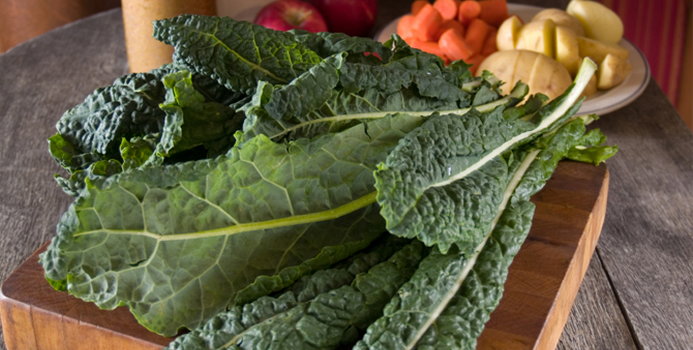According to a Harris Interactive study, about 8 million people in the United States identify themselves as following a vegan diet: a diet that is based on plant foods only, excluding all meat, poultry, fish, dairy, eggs and animal byproducts.
Research from two large studies, The Adventist Health Study and the EPIC-Oxford study, found that vegans typically have lower BMIs (body mass index), lower levels of cholesterol, and a decreased risk for type 2 diabetes, certain cancers and cardiovascular disease. Other research has found that people who follow a plant-based diet tend to have reduced inflammation and increased longevity.
While a vegan diet shows many promising health benefits, if not properly planned, a plant-based diet could be deficient in various nutrients. The most common are calcium, iron, zinc, vitamin D, vitamin B12 and omega-3 fatty acids.
Calcium
Some have theorized that vegans need less calcium than those who consume animal proteins with the thought that animal protein creates higher bone turnover and thus a greater need for calcium. However, a 2011 meta analysis published by the Nutrition Journal does not support this theory.
Significant sources of calcium can be obtained from broccoli, bok choy, kale, mustard greens, turnip greens, plant milks (almond, soy, hempseed, rice, and cashew) and calcium-set tofu.
Iron
Vegan diets tend to be very high in iron, but plant derived iron can be "tied up" or "bound" by other things found in the diet like phytates, oxalates, tannic acid and polyphenols. However, foods with vitamin C can assist and improve absorption. Consuming some sort of vitamin C with each meal and snack can greatly improve absorption. Additionally, avoiding certain foods that can bind the iron, like coffee, tea or wine, with meals can also help with iron absorption. If additional iron is needed, talk with your doctor, it is not recommended to take an iron supplement without a doctor's prescription; too much iron could be hazardous.
Zinc
Similar to iron, zinc from plant foods is not as easily absorbed as it is from animal products. Vegans can get the most zinc from legumes, nuts, seeds and whole grain breads. Additionally, certain cooking techniques can improve zinc absorption such as toasting nuts and seeds, sprouting legumes and grains, and consuming more leavened grain products.
Vitamin D, Vitamin B12 and Omega-3 Fatty Acids
These three nutrients can be difficult to obtain in sufficient amounts with a plant-based diet; supplementation may be necessary. Talk with your doctor or dietitian to find out what type and how much you should be taking based on your lifestyle and needs.
Although vitamin D is known as the sunshine vitamin, many people do not get enough sun exposure to meet their needs. Unfortunately, individuals who consume a vegan diet are further at risk of having low vitamin D stores. Plant-based resources for this vitamin are reduced to foods that are specifically labeled as being fortified with vitamin-D like some orange juices, breakfast cereals and mushrooms.
Because B12 is created by bacteria, usually in the bodies of animals, this vitamin can be difficult for vegans to obtain. While there are some plant sources of B12, many of them may be difficult to find, must be consumed in large quantities, or might be against a vegan's personal philosophy. For example, wild edible mushrooms, edible algae, and vegetables treated with high B12 solutions.
Vegans and meat eaters alike can have low baseline omega-3 levels. The richest plant sources are found in seeds (chia seeds, flaxseeds, flaxseed oil, hempseed oil, hempseeds), walnuts, and sea vegetables and microalgae.
Vegan diets are similar to omnivore diets in that if well planned, they can lead to health and longevity. If poorly planned, they can lead to harmful conditions.
Mandy Seay is a registered and licensed dietitian and certified diabetes educator who holds both a bachelor's degree in nutrition and in journalism. Mandy currently works as a nutrition consultant and freelance writer in Austin, Texas, where she specializes in diabetes, weight management, and general and preventive nutrition. If you would like to learn more, please visit Mandy's website at Nutritionistics.com.




